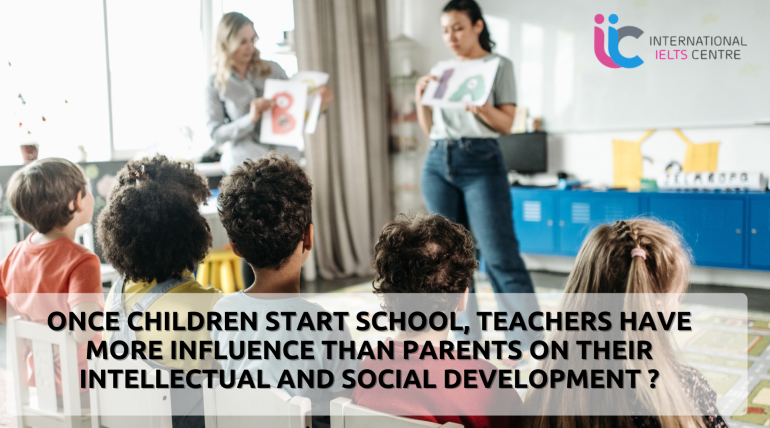
December 15, 2023
- by admin
- Leave a Comment on Question 5 – Some people say that it is possible to tell a lot about a person’s culture and character from their choice of clothes. Do you agree or disagree?
Question 5 – Some people say that it is possible to tell a lot about a person’s culture and character from their choice of clothes. Do you agree or disagree?
There is a popular conviction that one’s choice of attire can reveal much about their culture and character. In my perspective, it is undeniable that it serves as a powerful form of self-expression, conveying messages about identity, social affiliation, and even








